By Carissa Rutkauskas
At a recent combined UConn ECE Instructor Professional Development Workshop between American Studies, Latino and Latin American Studies (LLAS), and US History, Dr. Anne Gebelein (Professor and UConn ECE Faculty Coordinator of Latin American Studies) presented Mass Deportation – A Nation Controls Its Identity. She offered a deep dive into mass deportation, and the ethnic politics of moving a lot of people where they don’t want to go. The presentation was well- received, and many Instructors found it extremely relevant to their current UConn courses. Hoping to share the information with her UConn ECE Students at New Fairfield High School, UConn ECE American Studies Instructor Karon McGovern reached out to Dr. Gebelein with a request – would she offer the live online presentation to her class? Dr. Gebelein was pleased to offer it to Karon’s students at New Fairfield, as she regularly lectures for her LLAS ECE instructors in schools such as Manchester , E.O. Smith in Mansfield, and Branford High Schools. This past year, she offered lectures on cyclical violence in Central America, human rights at the US/Mexico border, and on her most recent lecture, Latino and Puerto Rican activism and social organizing.
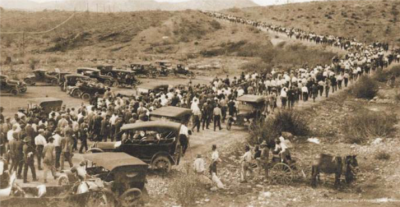
“I am lucky to have such a dedicated group of teachers in Latin American Studies – I learn as much from them as they do from me,” said Dr. Gebelein. “As we are a small group, it is possible for me to guest lecture at least once a year in each classroom and model for teachers what I consider a solid college-level lecture. Given that I also have the pleasure of observing them in action in the classroom, as they model their own creative approaches to the history, culture and literature of Latin America, it is a wonderful exchange of teaching knowledge. I feel privileged to be able to be inside the classroom of so many talented instructors.”
Dr. Gebelein’s presentation on mass deportation provided an overview of deportation in general, vocabulary around deportation, consequences of deportation, within a critical race theory framework. The primary focus was of the deportation of Mexican and Mexican-Americans during the Great Depression and during “Operation Wetback” of 1954. An examination of the history leading up to these removals of Mexican-looking peoples reveals a stage long set for drastic action, as the precedent of systemic racism was established in the Mexican-American War that ended in 1848. The following summarizes this prelude as well as the thrust of her presentation.
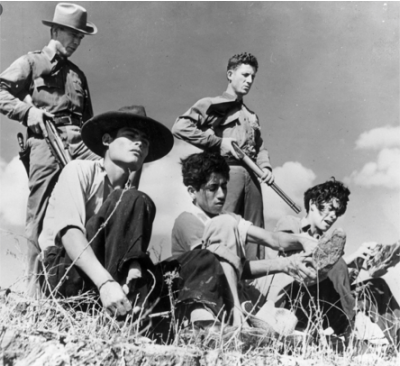
Abbreviated History
The Mexican American War (1846 to 1848) and subsequent Treaty of Guadalupe Hidalgo resulted in the US annexation of Texas and land that makes up all or parts of present-day Arizona, California, Colorado, Nevada, New Mexico, Utah and Wyoming. Mexicans did not cross the border, but rather, the US border crossed Mexico. Due to the shift in the political boundary, Mexicans who found themselves suddenly part of the US were considered a colonized people and their land open for repossession as part of spoils of war. After some debate, US officials decided to consider these new members of the nation “white” and to grant them federal citizenship to appease Mexican peace treaty negotiators and elicit their cooperation in fighting Indians. This move created a color shift in the evolution of distinct racial logistics, making lesser whites (Italians and Irish), “more white” in a nation trying to maintain itself as white and Protestant. This “whiteness” was in competition with strong populations of Black, Native American, and Chinese people, in addition to the Irish, Italian, and increasingly Mexican populations, the latter largely Catholic.1
After the war, white settlers migrated west onto the newly acquired land, resulting in grand-scale disenfranchisement through tactics that included:
- Acquisition of water rights displacing entire communities
- Large-scale nationalization of thousands of acres of land
- Anglo cattle companies arriving and displacing Mexican landowners
- Squatting and Homestead Act of 1862 allowing Anglos to expropriate Mexican land
- Anglos litigating and charging fines to cheat Mexicans out of mining and ranch claims
- Raiding, killing and lynching of Mexicans without provocation
- “OK Corral” Clanton gang widely killing Mexicans
- Creating mining & agricultural wages different for Anglos & Mexicans; peonage, “Company Store,” indentured servitude practices widespread
- TX Ranger massacre following De La Rosa movement for autonomy
- Women and men forcibly sterilized starting in 19072
Emboldened by the success of their expansion and domination of Mexican land and peoples through violence, yet dependent on Mexican labor for food, transport, and wealth generation, US government officials began to debate the value of Mexicans as “lesser whites” who were disposable laborers, who could be sent to Mexico should their labor no longer be needed. The challenge was that many officials could not distinguish Mexican Americans from Mexicans.
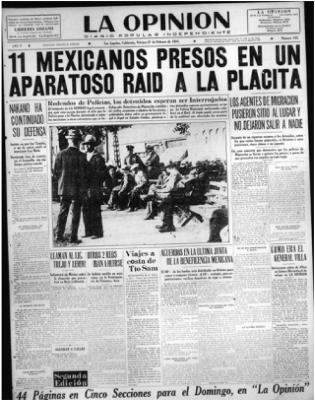
Mass Deportation
Soon after the stock market crash of 1929 and the resulting Great Depression, the US began deporting “Mexican-looking” people in an effort to alleviate unemployment and welfare rolls and maintain “Jobs for real Americans.” These efforts included coercion tactics leading to “self-deportation” and raids, resulting in relocating Mexican citizens back to their country, and the mistaken deportation over a million US citizens.3

Diego Rivera, “Detroit Industry Frescos”
Not even 25 years later the US began Operation Wetback (1954), a deportation strategy primarily targeting the Bracero Program (1942-1964). The Bracero Program, a federal program designed to provide necessary male manual labor during World War II, welcomed 4.6 million Mexican workers to the US. Over the years, unsponsored wives and children joined their husbands, as did undocumented brothers, cousin, and friends. Texas’s refusal to participate in the program added to additional undocumented workers. The US launched a campaign of stereotypes and propaganda visualizing Mexicans as child-like to encourage communities to round up for deportation 1.3 million workers and family members, many of them US citizens.4
Dr. Gebelein then used the historical context of this harsh and callous treatment, and creation of policy and laws against Mexicans and Mexican Americans, to draw parallels to current topics of containment and racialization in the United States.
UConn ECE is grateful for Dr. Gebelein’s expertise and willingness to extend her research to her Instructors. She is a shining example of how UConn ECE Faculty Coordinators not only provide academic guidance to their discipline’s UConn ECE courses, but are an invaluable resource in sharing their research and knowledge.
1 summarized from Gebelein presentation
2 quoted from Gebelein presentation
3 according to the research of Joseph Dunn, former CA state senator
4 summarized from Gebelein presentation
ECE American Studies teacher Karon McGovern reflected on the lecture’s impact on her students:
“I teach AMST1201 at New Fairfield High School through the lens of race and gender issues in America spanning the 20th and 21st centuries and, within the context of race, I am constantly striving to recognize the many different people who have been, and continue to be ‘othered’ in our country. I ‘met’ Anne when I attended an UConn ECE professional development session when she delivered a history of the treatment of Latinx people in America. From the title slide, “Mass Deportation” I was captivated, as I use the text Michelle Alexander’s The New Jim Crow, a commentary on mass incarceration in America. I approached Anne to speak at our school, virtually, and she enthusiastically accepted. To say my students were stunned to learn this part of the history of their country, would be an understatement. I feel Anne should do a roadshow around Connecticut schools, delivering this important information, to educate students and beyond, that ‘walls do not a tolerant society make’.”
Dr. Gebelein concluded. “UConn ECE Instructors’ work is more important than ever, in a country in which we have recently seen legislation introduced in multiple states to bar teachers from teaching slavery and from critically theorizing about race. We have to be brave enough to tell the truth about hard history, as it teaches students to recognize the harm that comes from reproducing old ethnic divides, as well as the value of building ethnic coalitions.”

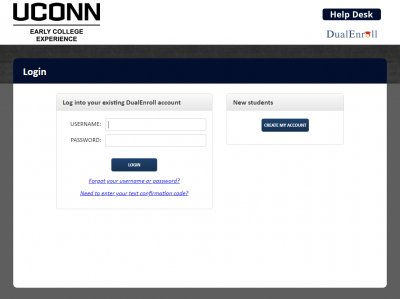
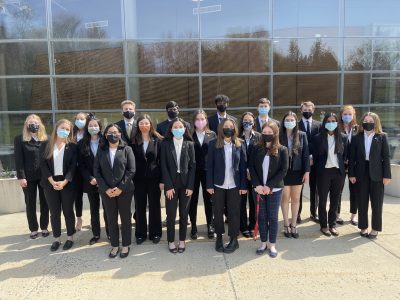




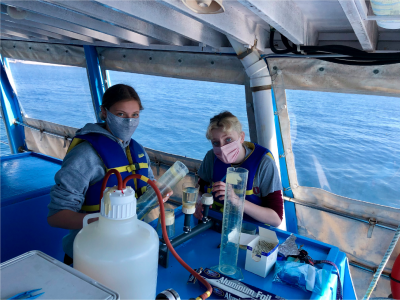
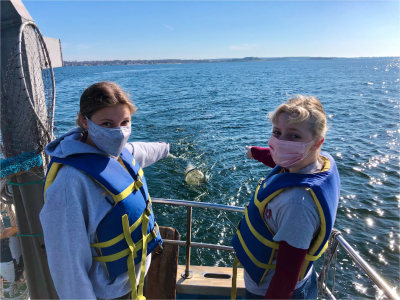
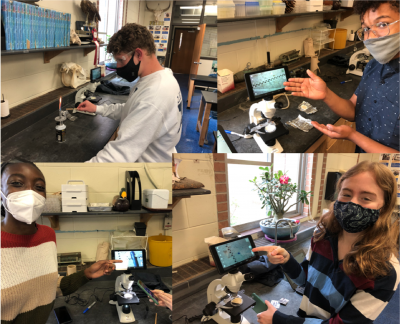
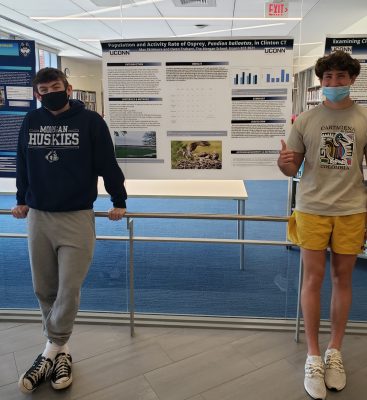
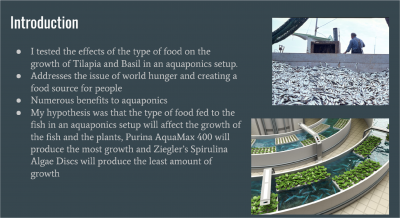
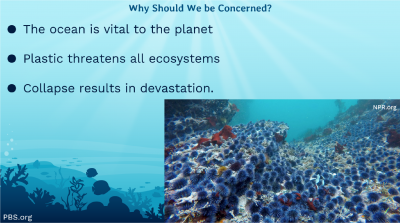
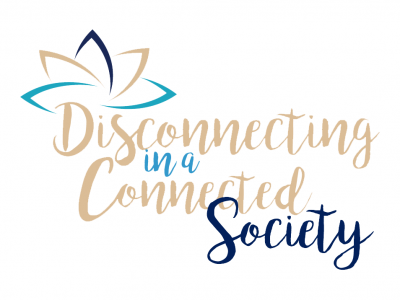
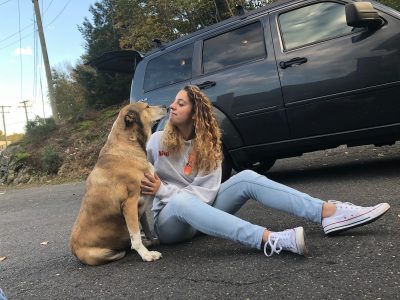

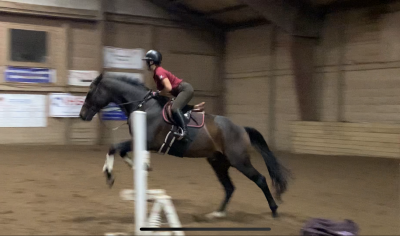
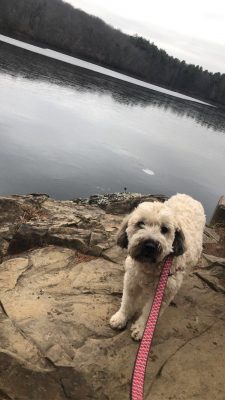
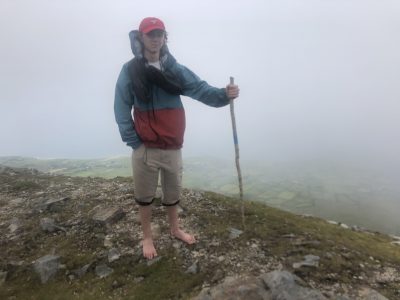

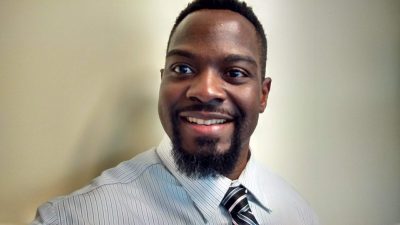
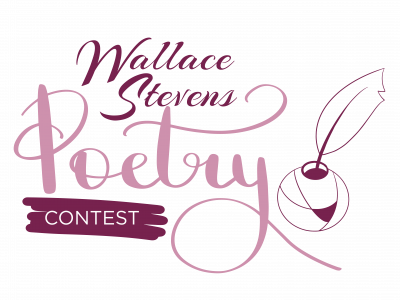
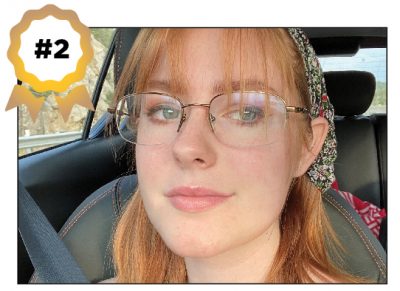
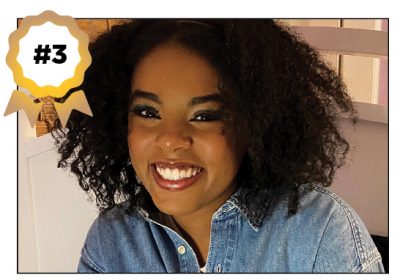
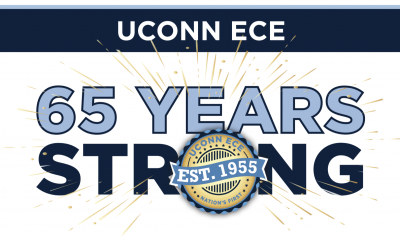

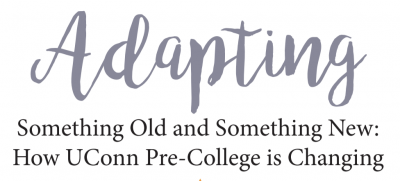
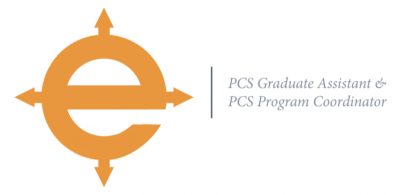

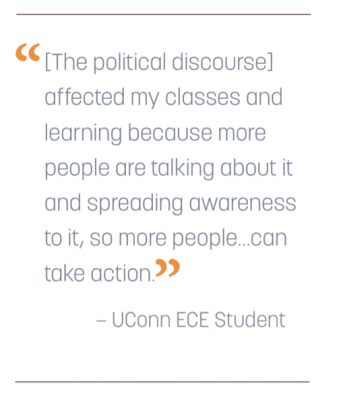 We also had the opportunity to interview Camila Lopez, a sophomore at J.M. Wright Technical High School who spoke about the political events that affected both her family and her education. When asked about how her peers were getting involved with political issues she answered, “Here in Stamford, there have been a lot of protests downtown,” and continued by saying, “there are issues going on that need to be spoken about, and I’m a big fan of peaceful protesting.” When asked if today’s current events have also been addressed within the classroom she said, “Yes, especially since I’m taking the UConn ECE Human Rights course our teacher was like, ‘yeah we’re talking about this’. What I really like about it, and what a lot of students I’ve seen like about it, is there’s more real-world subjects.” She went on to say that she liked the platform students were given in class to speak their minds, especially in her UConn Human Rights course. She mentioned that, “What I like about it is the flexibility that the teacher has, like if there is a problem going on [our teacher will say], ‘does anyone want to talk about it?’ He’ll give us the platform so we can say what we’re thinking and then we start discussing it. There aren’t necessarily debates or arguments about it, it’s just discussing it in general which is really nice.” Camila also mentioned that she and other students believe bringing up these issues in class is the first step to bringing about change. “There’s a curriculum but because it’s a human rights class you can kind of go off of it in different directions. You can have an assignment on race, but because there are still racial inequalities today, you can talk about what’s going on today.” Camila also mentioned that although students were quieter in their online classes, once a conversation was started on a controversial topic or current event, students were more willing to jump in and share their thoughts. She reminisced about being in the classroom in the beginning of the year and explained, “Once one person starts [the conversation], it kind of goes from there, and with a couple of people joining it leads to more. I feel like with online classes a lot of kids are quieter than I’m used to seeing in class.” And although high school students may not be as outgoing or willing to participate over Zoom, Camila emphasized that their voices are still being heard. Towards the end of the interview, we asked Camila how the political discourse had affected her family. Her response was, “I’m Guatemalan and I love talking about politics with my dad.” Once again she mentioned that talking about these issues is one of the most important things students are doing. At the end of the interview Camila reiterated how important it was to spread awareness about current topics in the class room, and to keep students involved in the conversations.
We also had the opportunity to interview Camila Lopez, a sophomore at J.M. Wright Technical High School who spoke about the political events that affected both her family and her education. When asked about how her peers were getting involved with political issues she answered, “Here in Stamford, there have been a lot of protests downtown,” and continued by saying, “there are issues going on that need to be spoken about, and I’m a big fan of peaceful protesting.” When asked if today’s current events have also been addressed within the classroom she said, “Yes, especially since I’m taking the UConn ECE Human Rights course our teacher was like, ‘yeah we’re talking about this’. What I really like about it, and what a lot of students I’ve seen like about it, is there’s more real-world subjects.” She went on to say that she liked the platform students were given in class to speak their minds, especially in her UConn Human Rights course. She mentioned that, “What I like about it is the flexibility that the teacher has, like if there is a problem going on [our teacher will say], ‘does anyone want to talk about it?’ He’ll give us the platform so we can say what we’re thinking and then we start discussing it. There aren’t necessarily debates or arguments about it, it’s just discussing it in general which is really nice.” Camila also mentioned that she and other students believe bringing up these issues in class is the first step to bringing about change. “There’s a curriculum but because it’s a human rights class you can kind of go off of it in different directions. You can have an assignment on race, but because there are still racial inequalities today, you can talk about what’s going on today.” Camila also mentioned that although students were quieter in their online classes, once a conversation was started on a controversial topic or current event, students were more willing to jump in and share their thoughts. She reminisced about being in the classroom in the beginning of the year and explained, “Once one person starts [the conversation], it kind of goes from there, and with a couple of people joining it leads to more. I feel like with online classes a lot of kids are quieter than I’m used to seeing in class.” And although high school students may not be as outgoing or willing to participate over Zoom, Camila emphasized that their voices are still being heard. Towards the end of the interview, we asked Camila how the political discourse had affected her family. Her response was, “I’m Guatemalan and I love talking about politics with my dad.” Once again she mentioned that talking about these issues is one of the most important things students are doing. At the end of the interview Camila reiterated how important it was to spread awareness about current topics in the class room, and to keep students involved in the conversations.